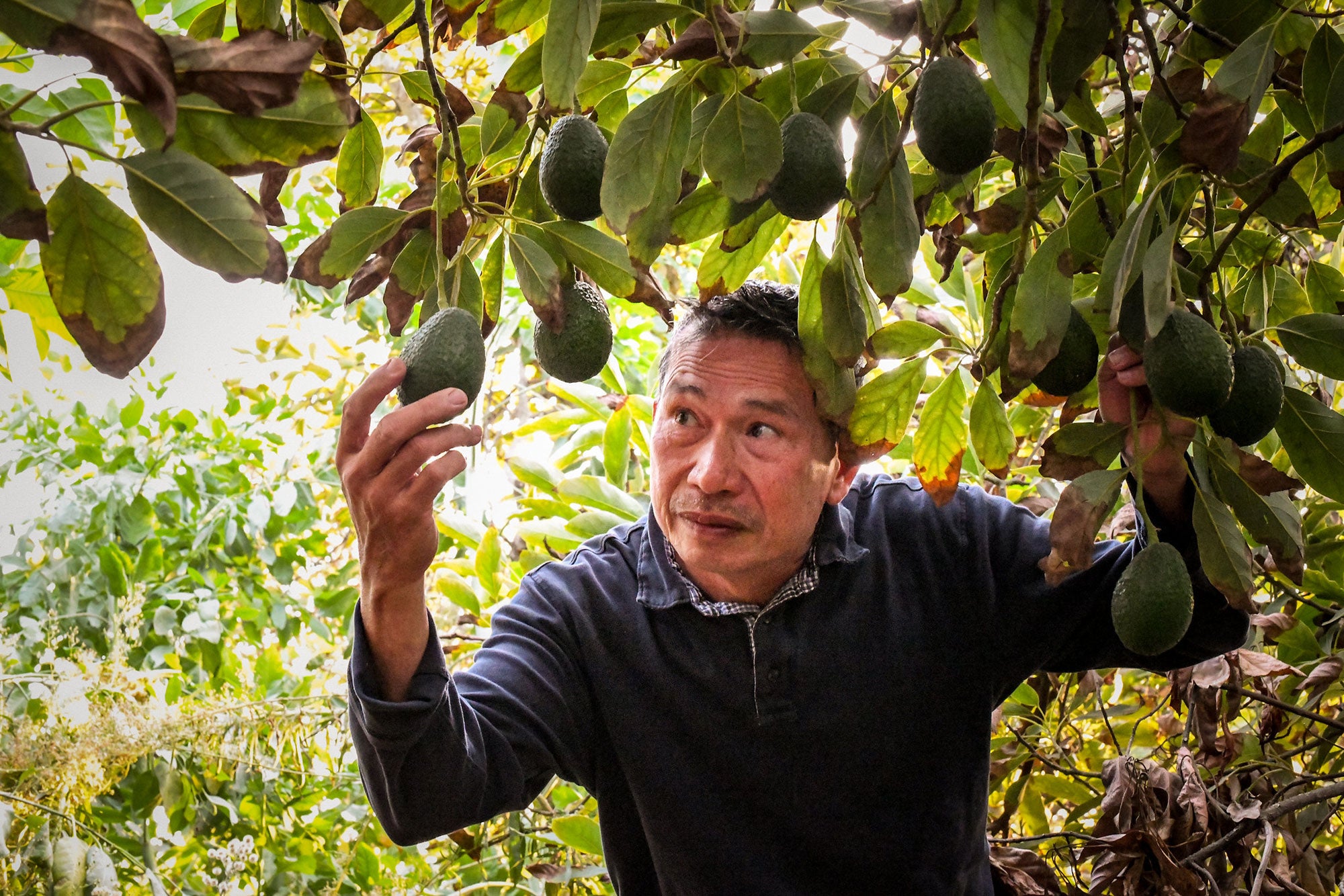Discussion about plans for the “largest deportation effort” in U.S. history had been part of the national landscape for months leading up to the presidential election. While such an endeavor is sure to have a broad impact on several areas of society, it’s not hard to see that agriculture would shoulder a significant weight if folks here in the U.S. illegally would be sent back to their home countries en masse.
Many anticipate that President-elect Donald Trump will address deportations shortly after taking office in January. His national press secretary, Karoline Leavitt, has said, “A majority of Americans want mass deportations for illegal immigrants. … On Day One back in the White House, President Trump will begin the largest criminal deportation operation of illegal immigrants and restore the rule of law.”
It’s likely that this would affect workers, employers, and the economy at large in the U.S., but it’s not really possible to predict the extent of how this could shake out. Yet, because agricultural labor is right in the middle of this, it raises questions about why there hasn’t been more discussion among industry stakeholders on the mass replacement of these farm workers? How would this hinder agriculturalists around the nation and the communities we feed around the world?

It’s crucial to understand that this could create a labor vacuum in industries already struggling to meet demand. A 2023 report by the National Agricultural Workers Survey (NAWS) found that roughly 73 percent of farm workers in the U.S. are foreign-born. These workers perform jobs that many U.S. citizens are unwilling to take due to the physically demanding and low-wage nature of agricultural work.
Farm workers, including many undocumented immigrants, play a critical role in the United States agricultural sector. And for many of these workers, their ability to provide for their families is inextricably tied to their work in the fields. In states like California, Texas, and Florida, immigrants make up more than half of the workforce in agriculture.
The potential loss of a significant portion of their workforce poses serious concerns for farmers. During the Trump’s first term, labor shortages became a major issue in agriculture, leading to crops being left unharvested and lower yields. The 2020 season was particularly affected by the COVID-19 pandemic, but it also illuminated the deep dependency farmers have on immigrant labor.
Another thing to consider here is the economic impact of such a shift. The Center for American Progress estimates that mass deportations could cost the U.S. economy $400 billion to $600 billion annually, as businesses across various industries struggle to fill jobs.
“Without undocumented immigrant labor, we wouldn’t be able to sustain a food supply at the capacity that we have right now,” said Ana Padilla, executive director of the Community and Labor Center at the University of California at Merced. The agricultural sector would bear a disproportionate share of this burden, which could lead to rising food prices and lower-quality produce for every consumer served by U.S. producers.
Beyond the economic consequences, human rights should be at the forefront of this issue too. Immigrant farm workers often live in fear of deportation, and the last several months have deepened that anxiety. Family separation is another significant issue. According to a 2021 report by the American Immigration Council, many immigrant farm workers have U.S. citizen children, and mass deportations could break up families and lead to long-lasting emotional trauma.
For farm workers, many of whom already struggle with poor working conditions, low wages, and a lack of health benefits, the new administration’s immigration policies could make their lives even more difficult. The Biden administration’s attempts to introduce labor reforms in agriculture, such as the Farm Workforce Modernization Act, have stalled in Congress, and more recent hardline stances on immigration offer no solutions for the plight of these workers.
Critics of mass deportation policies argue that it’s not enough to simply remove undocumented workers; the U.S. must also address the underlying issues that make farm work unsustainable for many. Until significant improvements in worker protections are made, such as better wages, health insurance, and safer working conditions, the cycle of exploitation of undocumented farm workers will continue, with or without a mass deportation policy.
“Agricultural workers endure long hours of physically demanding work, showing up through extreme weather and even a global pandemic to keep our country fed,” expressed Sen. Alex Padilla of California in an interview with Grist. “They deserve to live with dignity.”
As Trump’s campaign promises take shape, the debate surrounding immigration and farm labor will continue to grow in importance. This plan for mass deportations might resonate with some, but it’s essential to remember the far-reaching consequences for the agricultural industry. Removing millions of undocumented workers from the workforce could have a devastating impact on farmers, laborers, and consumers alike.
Questions remain: Is what we are proposing here ethical? How do we plan on moving forward without the millions of undocumented people in our farm labor force? And furthermore, can we continue to rely on a broken system that sacrifices the well-being of workers for economic gain, or will we choose a path that prioritizes fairness, human dignity, and sustainable agricultural practices?
The broader consequences of poorly implemented immigration policy could affect not only the agricultural fields but also households across America reliant on affordable, fresh food.
Bre Holbert is a past National FFA President and studied agriculture science and education at California State-Chico. “Two ears to listen is better than one mouth to speak. Two ears allow us to affirm more people, rather than letting our mouth loose to damage people’s story by speaking on behalf of others.”


